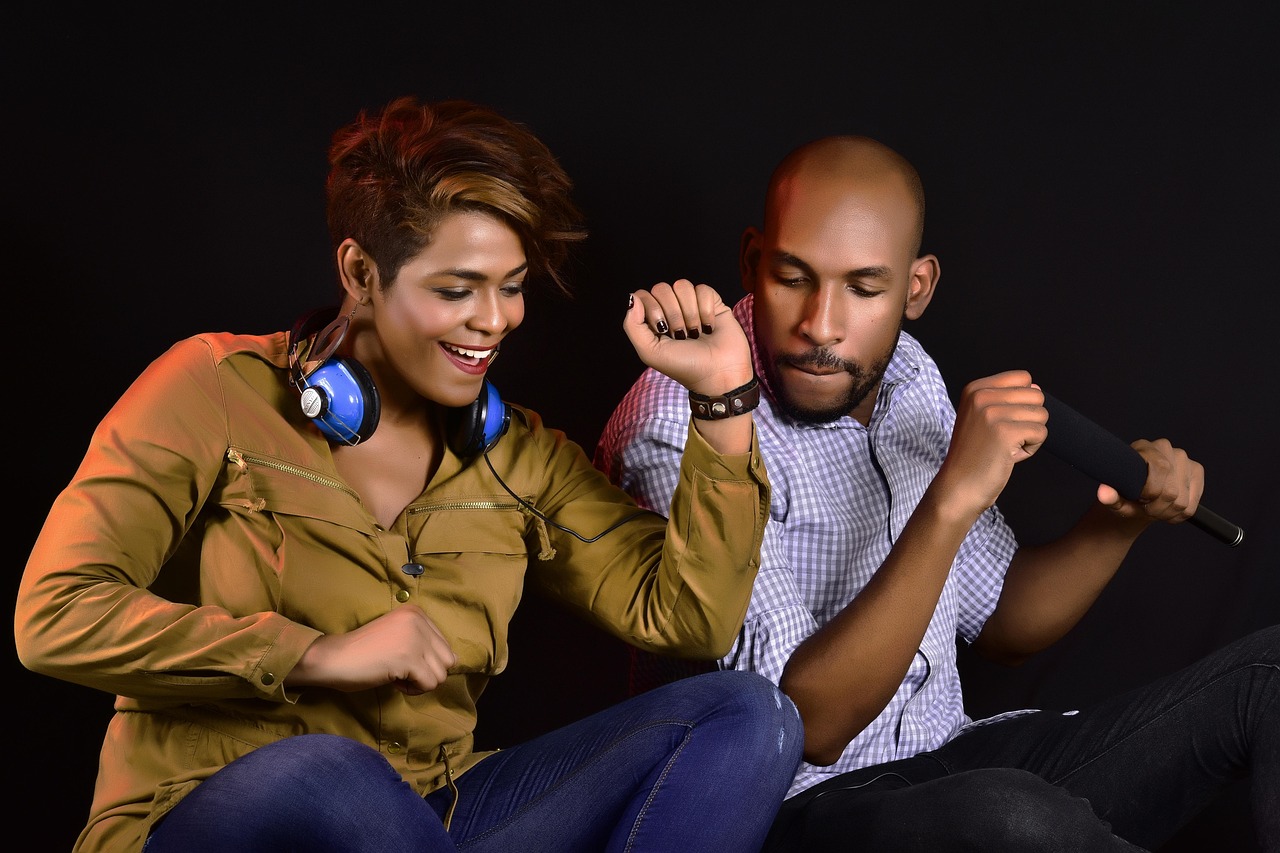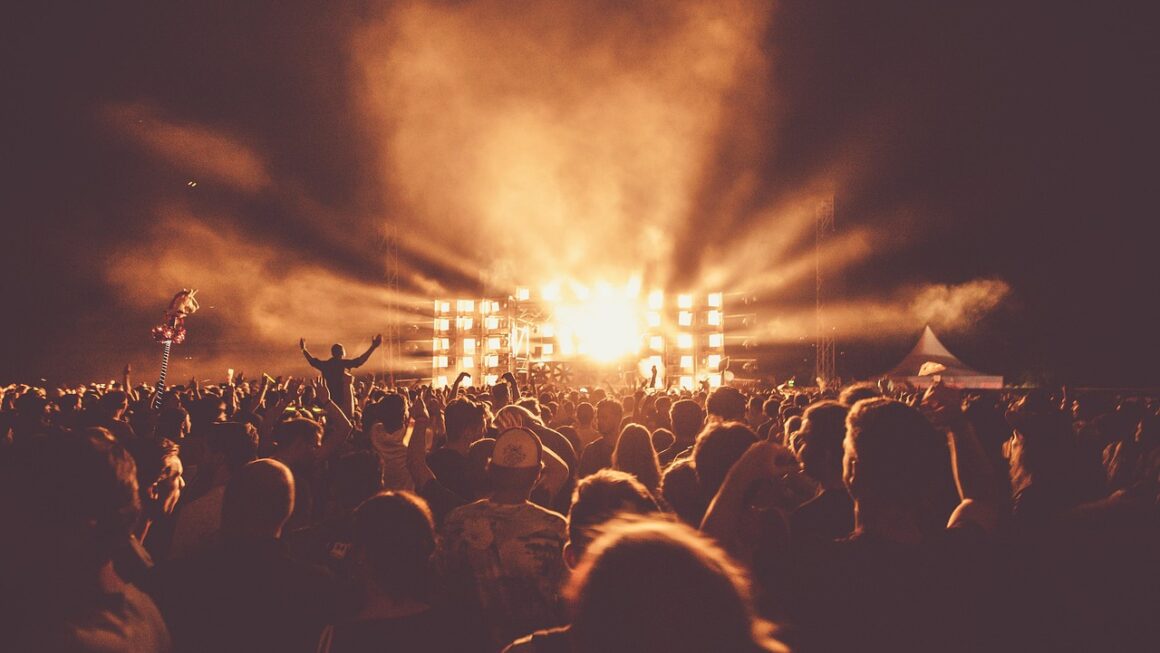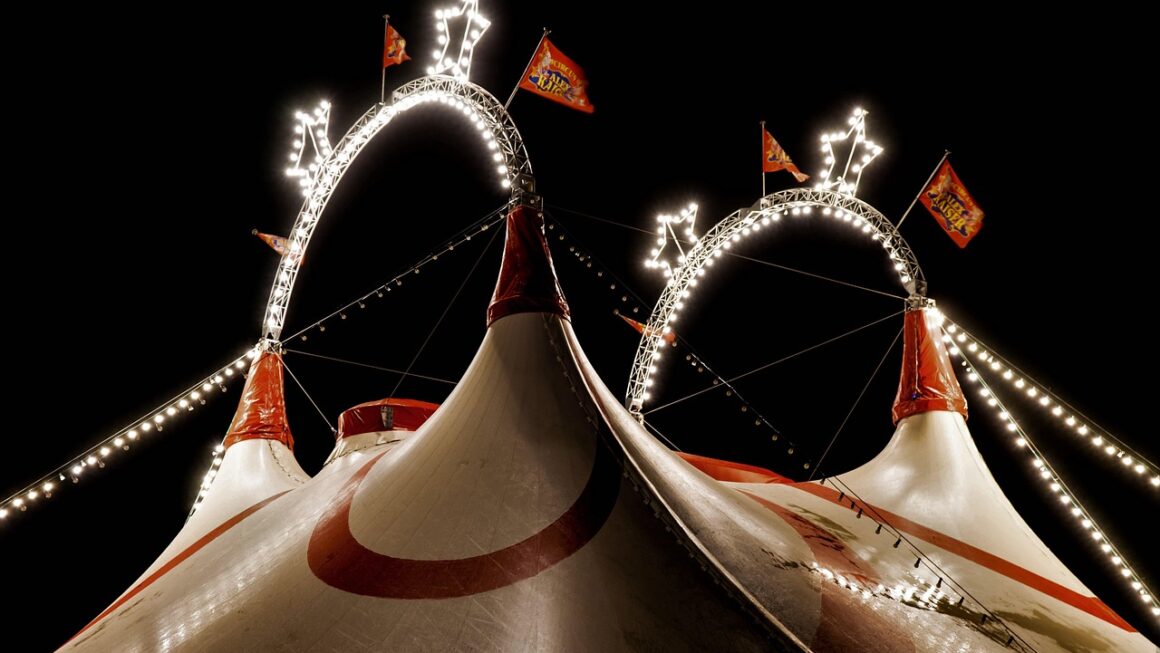Pop culture. The ever-evolving, all-encompassing tapestry of trends, ideas, and behaviors that shape our society. From viral dances to chart-topping music, from binge-worthy TV shows to influential memes, pop culture reflects who we are, what we aspire to, and how we connect with the world around us. Understanding its nuances is key to navigating the modern landscape and appreciating the shared experiences that bind us together. This exploration delves into the multifaceted world of pop culture, examining its key components, its impact, and its future trajectory.
Defining Pop Culture: More Than Just Trends
What Exactly Is Pop Culture?
Pop culture, short for popular culture, refers to the prevailing trends, ideas, and artifacts that are widely accepted and consumed by a society at a given time. It’s a dynamic and ever-changing phenomenon, influenced by factors like:
- Technology
- Media
- Social movements
- Economic conditions
It encompasses a vast range of elements, from music and fashion to film, television, and even the language we use. Think of TikTok dances, reality TV scandals, the latest Marvel movie, or a viral internet challenge – these are all pieces of the pop culture puzzle.
Distinguishing Pop Culture from High Culture
It’s crucial to differentiate pop culture from “high culture,” which typically refers to more sophisticated or elite forms of art, literature, and music, often associated with intellectual and artistic merit. Pop culture is often more accessible and relatable to a broader audience, driven by commercial success and widespread appeal rather than critical acclaim. However, the lines can often blur as elements from high culture are sometimes adopted and reinterpreted within the pop culture sphere, and vice versa. For example, classical music snippets appearing in popular video games or high-fashion designers drawing inspiration from street style.
The Major Pillars of Pop Culture
Music: The Soundtrack of Our Lives
Music is arguably one of the most influential forces in pop culture. Hit songs become cultural anthems, and artists become icons, shaping trends and influencing entire generations. Consider the cultural impact of:
- Elvis Presley: Revolutionized music and youth culture in the 1950s.
- The Beatles: Defined the sound of the 1960s and ushered in the British Invasion.
- Beyoncé: A modern-day icon, pushing boundaries and using her platform for social commentary.
- K-Pop: A global phenomenon with dedicated fan bases and innovative marketing strategies.
Different music genres rise and fall in popularity, reflecting societal shifts and evolving tastes. The rise of streaming services has also fundamentally changed how we consume music, making it more accessible than ever before.
Film and Television: Storytelling on a Grand Scale
Film and television wield immense power in shaping our perceptions and influencing our behaviors. Blockbuster movies create shared cinematic experiences, while hit TV shows dominate conversations and set trends.
- Marvel Cinematic Universe (MCU): Demonstrates the power of franchise building and cross-media storytelling.
- Streaming Services (Netflix, Amazon Prime, Disney+): Have revolutionized the entertainment industry, offering a vast library of content on demand.
- Reality TV: Captures the public’s fascination with real-life drama and celebrity culture.
The increasing diversity and representation in film and television is a positive trend, reflecting the growing demand for more inclusive and authentic storytelling.
Fashion: Expressing Identity Through Style
Fashion is a powerful form of self-expression and a key indicator of cultural trends. What we wear communicates our identity, our values, and our aspirations.
- Streetwear: A style originating from urban subcultures, now a dominant force in the fashion industry.
- Fast Fashion: Mass-produced clothing that allows consumers to keep up with the latest trends at an affordable price. (However, concerns about sustainability and ethical labor practices are growing).
- Influencer Culture: Fashion bloggers and social media influencers have a significant impact on consumer choices.
Fashion trends often reflect broader cultural and political movements, such as the feminist movement’s impact on clothing choices.
Internet Culture: Memes, Trends, and Viral Content
The internet has become a breeding ground for new forms of pop culture. Memes, viral videos, and online challenges quickly spread across the globe, connecting people through shared humor and experiences.
- Memes: Instantly recognizable images or videos that are repurposed and shared online, often with humorous or satirical intent.
- Viral Challenges: Online trends that encourage users to participate and share their own versions (e.g., the Ice Bucket Challenge).
- Online Communities: Subreddits, Discord servers, and other online communities foster niche interests and create their own unique subcultures.
Internet culture is constantly evolving, with new platforms and trends emerging at a rapid pace. It is crucial to stay informed about the latest internet trends to understand its impact on society.
The Impact of Pop Culture on Society
Shaping Social Norms and Values
Pop culture has a profound impact on shaping social norms and values. What we see in movies, hear in music, and consume online influences our perceptions of:
- Beauty standards
- Gender roles
- Relationships
- Success
While pop culture can promote positive values like inclusivity and social justice, it can also perpetuate harmful stereotypes and reinforce unrealistic expectations.
Influencing Consumer Behavior
Pop culture is a powerful marketing tool that influences consumer behavior. Celebrity endorsements, product placements in movies, and social media advertising all play a role in shaping our purchasing decisions. Brands that successfully align themselves with popular trends and cultural movements can gain a significant competitive advantage.
Creating a Sense of Community
Pop culture can create a sense of community by providing shared experiences and common ground. Fans of a particular band, movie, or TV show can connect with each other and form communities based on their shared interests. This sense of belonging can be particularly important for individuals who feel isolated or marginalized.
The Future of Pop Culture
The Continued Rise of Digital Influence
The internet and social media will continue to be dominant forces in shaping pop culture. We can expect to see:
- Increased personalization: Algorithms will tailor content to individual preferences, creating more niche and fragmented subcultures.
- The metaverse and virtual experiences: Virtual reality and augmented reality will offer new ways for people to engage with pop culture and connect with each other.
- AI-generated content: Artificial intelligence will play an increasing role in creating music, art, and other forms of pop culture.
The Growing Importance of Diversity and Inclusion
The demand for more diverse and inclusive representation in pop culture will continue to grow. Consumers are increasingly demanding that the media they consume reflect the diversity of the world around them. This includes:
- More representation of people of color, LGBTQ+ individuals, and people with disabilities.
- More authentic and nuanced portrayals of different cultures and experiences.
- Challenging harmful stereotypes and promoting positive social change.
Conclusion
Pop culture is a dynamic and ever-evolving force that shapes our society in profound ways. By understanding its key components, its impact, and its future trajectory, we can better navigate the modern landscape and appreciate the shared experiences that bind us together. Staying informed about the latest trends and cultural movements is crucial for understanding the world around us and engaging in meaningful conversations. Whether you’re a trendsetter or simply an observer, pop culture offers a fascinating window into the human condition.




